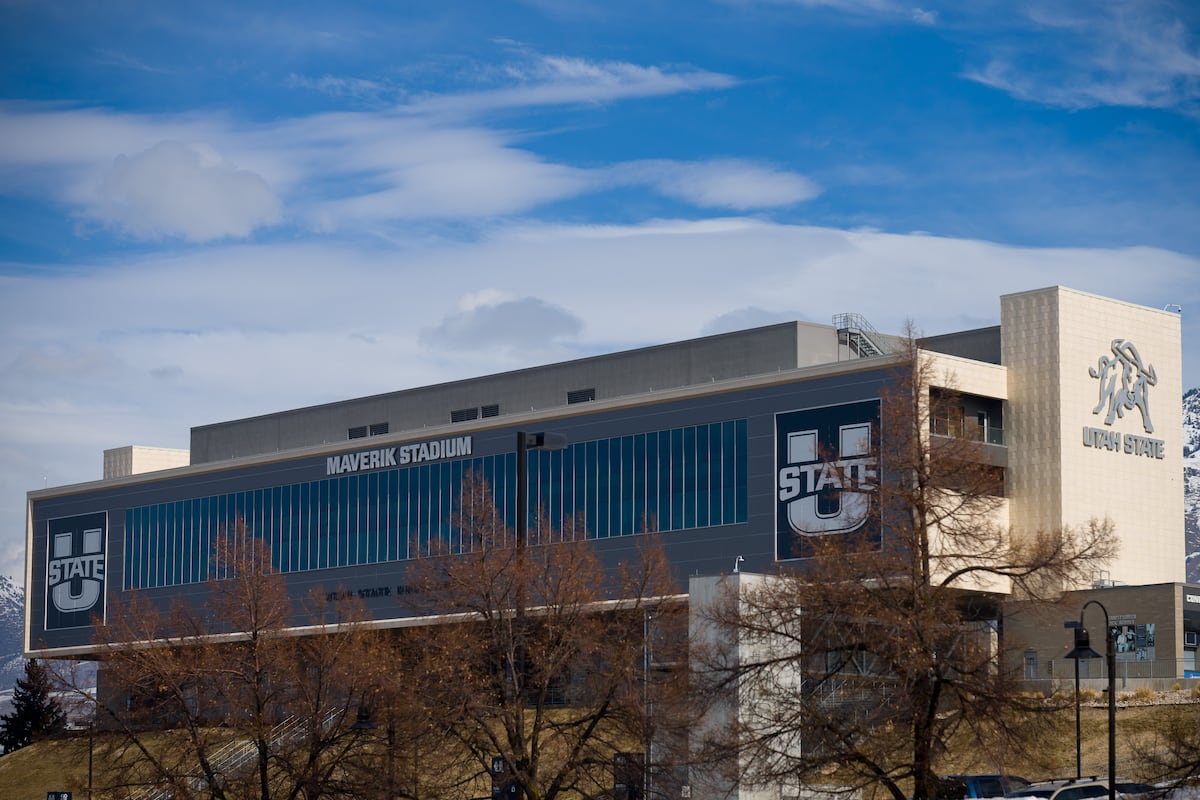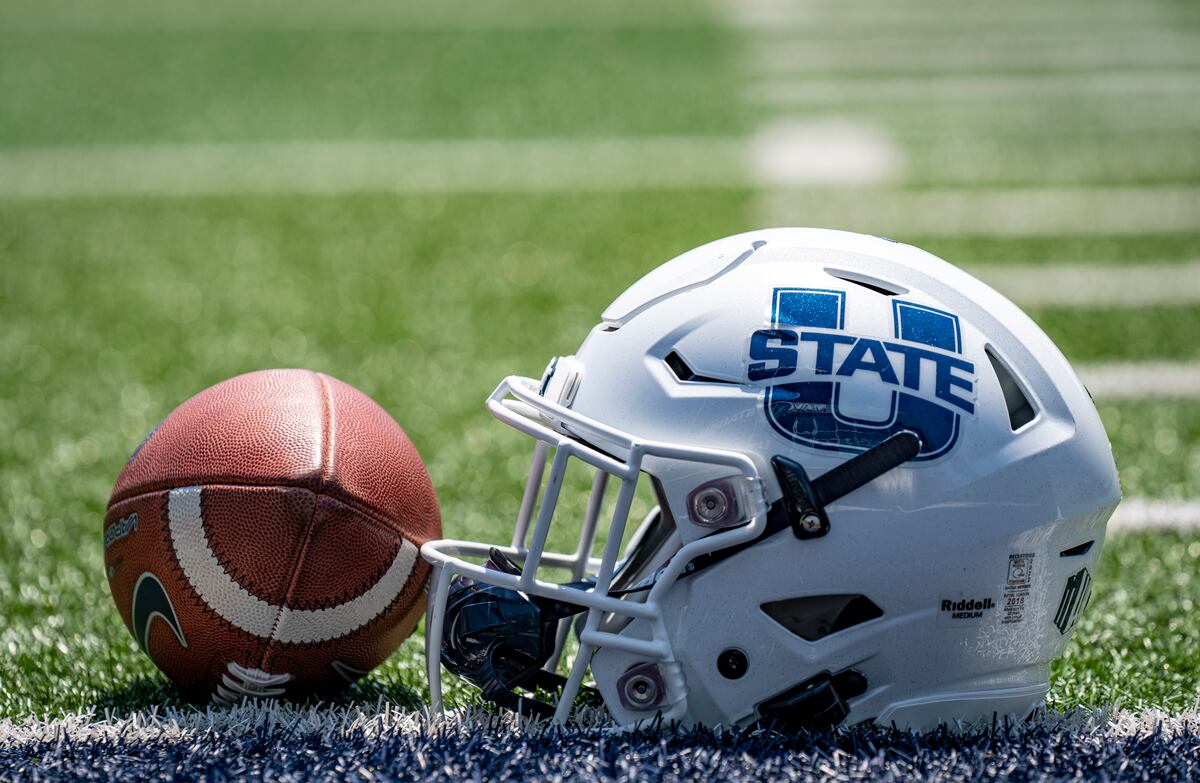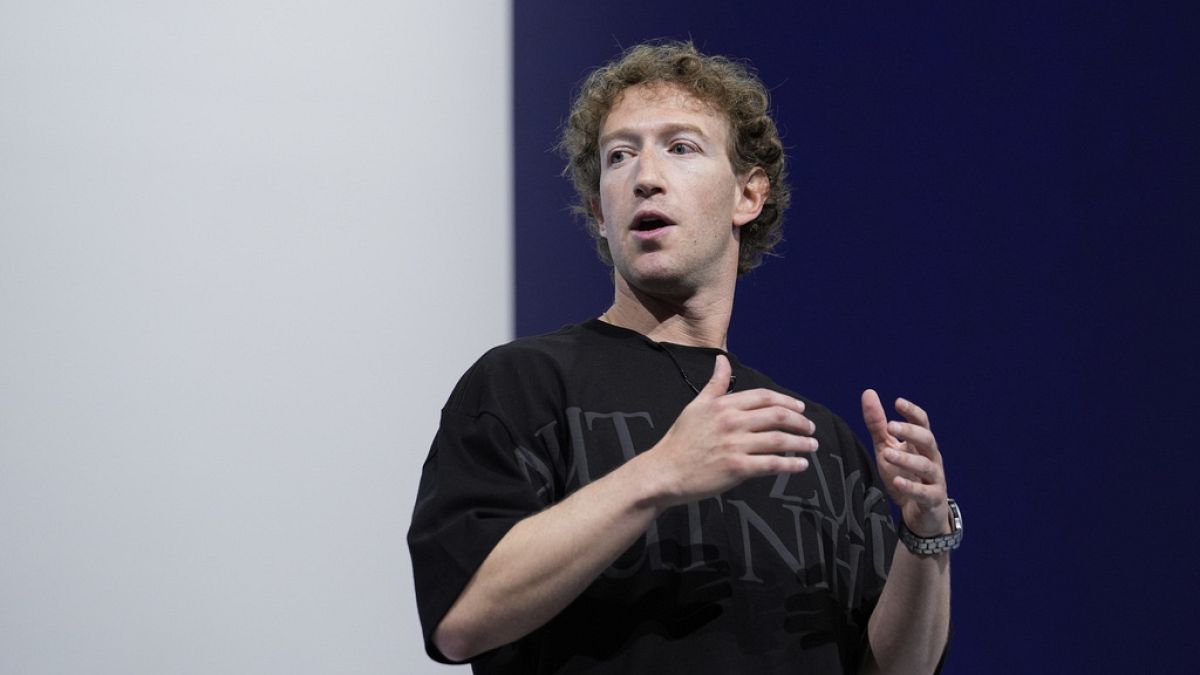A former Utah State University football player — who blew the whistle with his damning footage of the team’s head coach and the campus police chief smearing sex assault victims — will get $150,000 from the school in a settlement.
The agreement signed Wednesday ends the high-profile lawsuit filed by Patrick Maddox last year. The recordings that he made and quietly shared of team meetings brought renewed attention to concerns that USU has continued to not take reported cases of sexual assault seriously, even after a federal investigation and especially within its athletics department.
Once staff and football players in the school’s program discovered he was the one who released the audio, Maddox said he faced retaliation so intense he felt forced to quit the team.
In his lawsuit against the school in the fallout of the recordings going public, Maddox alleged he was threatened by his teammates and had his gear stolen and destroyed. He also said he was forced to apologize to the team by head football coach Blake Anderson — who was also named in the suit. Maddox said that Anderson told the team that Maddox “made a mistake,” and the players could punish him however they “saw fit.”
When he tried to report the conduct to other university employees, Maddox said, he was ignored or told he deserved it.
Maddox said Friday that he’s ready to move on and “put this chapter behind me.” He hopes that his speaking out will also prompt a change in college athletics, with schools bringing in experts to talk to teams about preventing sexual assault and supporting victims.
“Football players have tremendous influence in the community,” Maddox said. “We are looked up to by so many. It’s important to use that influence in a positive way, and I hope we see a cultural shift in that direction from USU going forward. And from a personal note, I want to be a resource for victims and help in any way I can.”
The Salt Lake Tribune obtained a copy of his settlement through a public records request. It’s one of at least four high-cost settlements paid out by the school in the past five years. Together, those total just shy of $1 million.
That ultimately comes out of taxpayer funds, as Utah State is a public university.
The Logan school issued a statement Friday, saying it still “disputes the allegations made in Mr. Maddox’s lawsuit,” but has agreed to resolve the case to “move forward with continued efforts to strengthen the culture in the USU football program.” The settlement specifically states the school is not admitting fault.
The university also said as a result it has provided training to Anderson, the football coaching staff and executive leadership in athletics about “effective communication strategies for addressing sexual misconduct and how to avoid victim blaming language.”
Maddox’s case follows other reported issues at USU
USU has continued to stay in the spotlight in recent months with continued allegations of misconduct, abuse and a toxic environment among its players and staff. That includes a Utah State football player being charged this week with rape and aggravated kidnapping.
In the school’s statement, interim Athletic Director Jerry Bovee mentioned that case specifically and said it is “deeply concerning and is not in line with our values and the overall culture of USU Athletics.”
But Bovee is in the position after the previous athletic director of the school, John Hartwell, resigned just days after Maddox filed his lawsuit. At the time Hartwell had said it was to prioritize his family; shortly after, a video came to light showing Hartwell repeating part of a vulgar joke while he was away at a football bowl game for the school. He apologized for that.
In the wake of that, too, then-USU President Noelle Cockett announced she would also be stepping down.
Those resignations followed a lengthy list of allegations around mishandled sexual assault reports that have dogged the school for years — in its piano department, fraternities and sororities, and repeatedly on the football team.
That includes the 2021 case filed by USU student Kaytriauna Flint that then led to Maddox’s filing.
Flint is a friend of Maddox’s who alleged she was raped by another member of the football team in 2019. She said the school protected its players and brushed off her case. The recordings that Maddox made of coach Anderson and Earl Morris, then the university’s police chief, were first cited in her lawsuit as evidence of the culture within athletics that has persisted.
Maddox said he hoped the audio would bolster Flint’s case and expose what he saw as troubling attitudes toward women. It drew national attention.
In one clip, the police chief can be heard telling players to beware of having sex with Latter-day Saint women because they might later feel “regret” and report it as nonconsensual. He resigned.
In one clip, Anderson can be heard telling his players it “has never been more glamorized to be a victim” of sexual assault. He has since apologized.
But Anderson has adamantly denied that he was ever told that Maddox was experiencing retaliation after the player released the recordings. He reiterated that in a statement also released by USU on Friday.
“Since becoming the head football coach at Utah State and throughout my career, any misconduct I have learned about, I dealt with swiftly and immediately,” Anderson said. “I have zero tolerance for sexual misconduct, and I look for frequent opportunities to educate my coaching staff and team on preventing sexual assault and relationship violence.”
Other settlements
Like Maddox, Flint signed a settlement to end her case. She received a $500,000 payout from the school last year.
Also this week, USU graduate Greg Noel settled his lawsuit against the university for $45,000. Noel, who is Black, had alleged that his professor drew a racist “coon caricature” of him and also made comments about Noel’s Haitian background. Noel said the school did little to investigate.
Prior to that, in 2018, USU student Victoria Hewlett received $250,000 from the university after she was raped at a fraternity. Her lawsuit claimed that five other women had reported to the school that the same man sexually assaulted them before Hewlett’s attack and before administrators did much to act on that knowledge. The school said the man had been on its “radar” but denied receiving five previous assault reports.
Hewlett’s case — along with the women who reported to USU that they had been raped by former USU football player Torrey Green, who was convicted in 2019 of sexual assault — prompted the U.S. Department of Justice to investigate USU and how it handles sexual assault cases.
Federal investigators released their findings in January 2020, concluding that the school often failed to investigate when it knew about misconduct and, as a result, “rendered additional students vulnerable.”
On Friday, in response to Maddox’s lawsuit, the school said all students receive mandatory annual sexual assault prevention training. Student-athletes are additionally required to attend an in-person training on preventing sexual misconduct and relationship violence.
The school said its incoming president, Elizabeth Caldwell, is “already engaged in these issues, and university leaders look forward to working with her to continue USU’s efforts to build a model program for preventing and responding to issues of sexual misconduct.”




























/cdn.vox-cdn.com/uploads/chorus_asset/file/23935558/acastro_STK103__01.jpg)
/cdn.vox-cdn.com/uploads/chorus_asset/file/25826211/lorealcellbioprint.jpg)
/cdn.vox-cdn.com/uploads/chorus_asset/file/25832751/2192581677.jpg)

/cdn.vox-cdn.com/uploads/chorus_asset/file/25835602/Switch_DonkeyKongCountryReturnsHD_scrn_19.png)

/cdn.vox-cdn.com/uploads/chorus_asset/file/24774110/STK156_Instagram_threads_1.jpg)